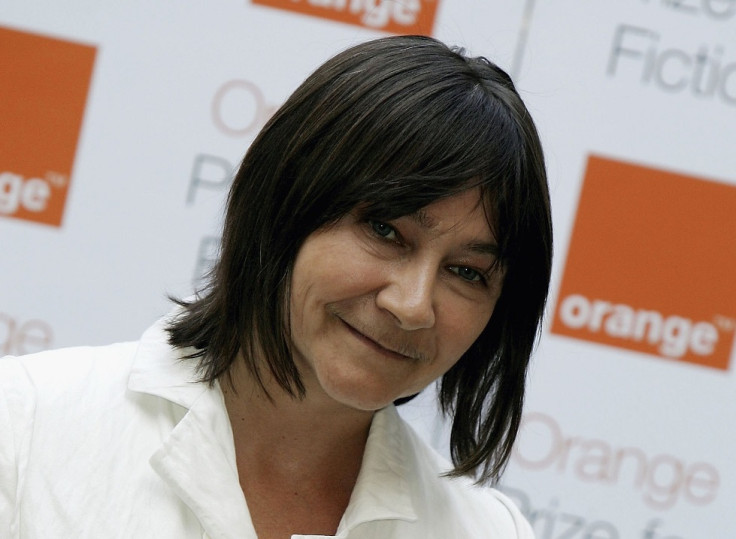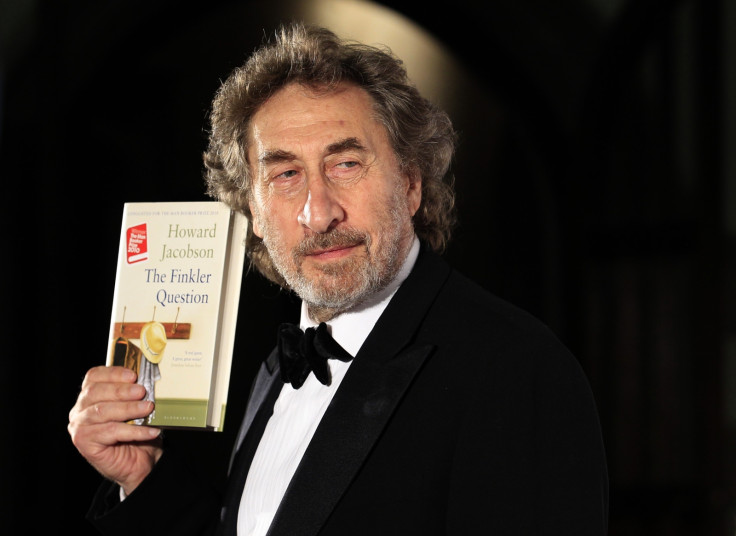Man Booker Prize 2014: Shortlist for the Literary Fiction Award

The winner of the 2014 Man Booker Prize is set to be announced on Tuesday, 14 October.
For the first time in the history of the prestigious literary award, the £50,000 prize is open to any authors writing originally in English and published in the UK.
Previously, the Man Booker Prize was open to authors from the UK and Commonwealth countries, the Republic of Ireland and Zimbabwe, but the organisers have opened the doors for 2014 after 45 years.
We look at the six authors who have been shortlisted for this year's title:
Joshua Ferris: To Rise Again at a Decent Hour
Ferris' psychological thriller examines the meaning of life, the inevitability of death and the importance of good oral hygiene. The novel follows the story of Manhattan dentist Dr Paul O'Rourke, who searches for more in his life as an avowed atheist.
As Paul tries to work out the meaning of life, social media pages appear in his name. As he grapples with a flagrant violation of his privacy, his sanity is tested by the concept that the fake "online" Paul is better than the real one.
Ferris was born in Illinois in 1974, and his other works include his 2007 novel Then We Came to the End – which was nominated for the National Book Award and longlisted for the Guardian First Book Award.
Richard Flanagan: The Narrow Road to the Deep North
Flanagan's sixth novel tells the story of Dorrigo Evans, an Australian doctor haunted by a wartime love affair with his uncle's wife. After the war, he finds his celebrity status as a war hero at odds with his hidden sense of guilt and feelings of his own failings.
At the centre of the novel is the one of the most infamous episodes in Japanese history, the construction of the Thailand-Burma Death Railway in World War Two. The book takes its title from the 17<sup>th century haiku poet Matsuo Basho's haibun, Oko no Hosomichi.
Flanagan, born 1961, is a Tasmanian author. His father is a survivor of the Burma Death Railway, the construction of which is counted as a war crime committed by Japan.
Karen Joy Fowler: We Are All Completely Beside Ourselves
The narrator of the book is Rosemary Cooke, who, as a child, never stopped talking. Yet years later at college, she barely speaks. He brother is now a fugitive, wanted by the FBI for domestic terrorism and her mother is an empty shell.
As the story unravels, the reader finds out what happened to Rosemary's beloved sister Fern, and reveals the background of a very unusual family.
Fowler was born in Bloomington, Indiana, and is known for her best-selling novel The Jane Austen Book Club. We Are All Completely Beside Ourselves, published in 2013, won the Pen/Faulkner Award for 2014.

Howard Jacobson: J
J is set in a dystopian society around 60 years in the future, and follows the on-off love affair of Ailinn Solomons and Kevern Coco Cohen in the bleak coastal town of Port Reuben.
While Cohen is from the town, where the only entertainment is to get drunk, Ailinn is an orphan from another part of the country. Hanging over both characters' lives is a past catastrophe, referred to as What Happened, If It Happened.
Jacobson, born in Manchester in the UK in 1942, is known for his 2010 Booker Prize winning novel The Finkler Question.
Neel Mukherjee: The Lives of Others
Mukherjee's novel is tipped as a favourite to win this year's Man Booker Prize, according to the Guardian. The Lives of Others is the story of his family life set in Kolkata, the city of his birth, and takes place in the second half of the 1960s.
It centres on the large and relatively wealthy Ghosh family. The eldest grandson, Supratik, has left home to join the Communist Party of India (Marxist). The narrative of the story comes from letters between Supratik and an unnamed correspondent, and events births, death, tragedies and disasters within the Ghosh household.
Mukherjee, born in 1970, is an Indian writer who writes in English. His book Past Continuous won the Vodafone-Crossword Book Award in 2008.
Ali Smith: How to be Both
The book contains the stories of George, a teenager of the 1960s, and Francescho, a young artist in 15<sup>th century Ferrara, Italy. The interconnected stories are divided into two parts – both named one – that can be read in either order.
Franceshco's story follows his battle between his public identity, as an artist, with his private – that a of a girl disguised as a boy to pursue a life in art. The son of a stone carver, the majority of his work has been destroyed and his surviving art is mainly frescoes painted after 1470.
Meanwhile, George's story is set in her leaking bedroom in Cambridge. She is struggling to come to terms with the sudden death of her mother, and her story switches between the present day and memories of a past trip to Ferrara with her art-loving mother.
Smith, born in 1962, is a Scottish author who writes for The Guardian, The Scotsman and the Times Literary Supplement. In 2007, she was elected a Fellow of the Royal Society of Literature.
© Copyright IBTimes 2024. All rights reserved.






